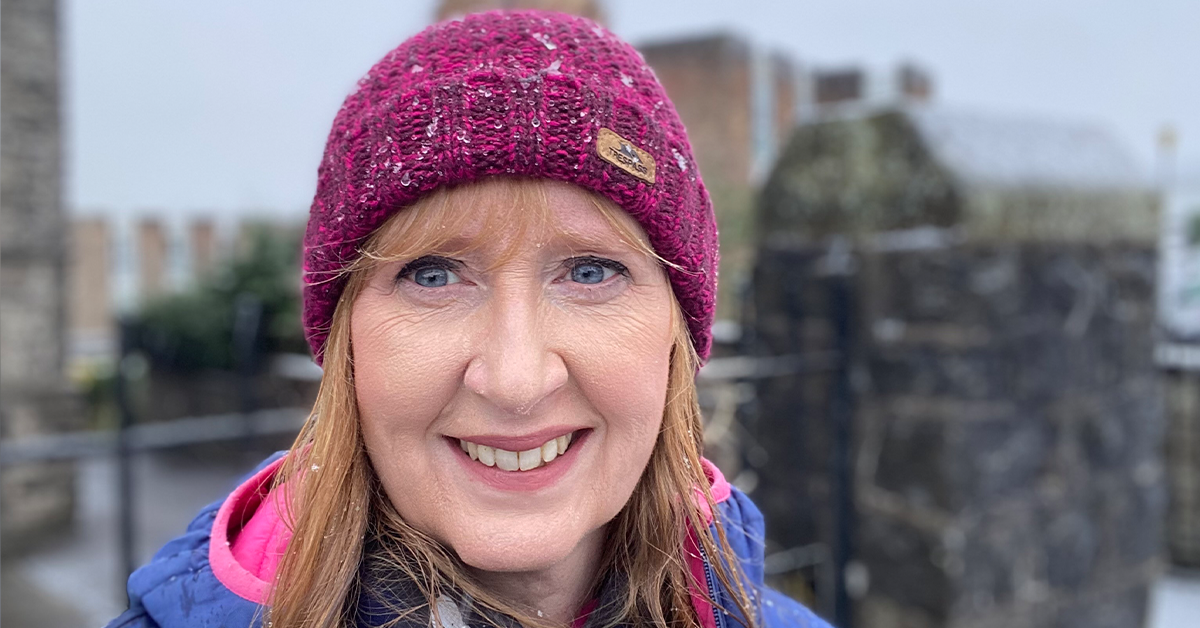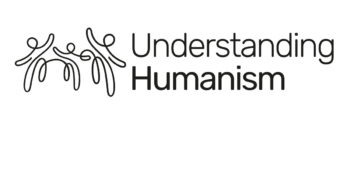
When it comes to learning about religion or belief in the classroom children deserve a broad, objective, and pluralistic approach. An essential part of our work for greater inclusivity in schools is to make sure humanists are represented in local Standing Advisory Councils for Religious Education (SACREs) in England and in Wales, the bodies responsible for overseeing the local RE syllabus.
We caught up with Kathy Riddick, Wales Humanists Coordinator, vice-chair of Vale of Glamorgan SACRE, and humanist rep for Blaenau Gwent SACRE, which she also represents on the Welsh Association of SACREs’ executive committee, to find out more about the humanist values that underpin her work, as well as reasons you should consider becoming a rep too.
Hi Kathy! Why is it important for humanism to be represented in classrooms?
The growth in the number of non-religious people is evident in Census data. In Wales there are now more non-religious people than Christians, yet education on religion can still be presented as a mainly Christian subject. In Wales the curriculum is now changing to Religion, Values, and Ethics (RVE) and non-religious philosophical convictions such as humanism must be taught by law. But this is a shift in thinking, and schools and local authorities need help to understand it. There is a need for humanists to step up and show how their beliefs are demonstrated in daily life, and how morality exists for the non-religious just as it does for religious people.
What motivated you to become a rep?
I was motivated to join the SACRE initially as my children were in year one and nursery and were starting to experience RE in school. I wanted to be part of the conversation on how RE could be presented objectively and be inclusive of non-religious worldviews like humanism.
Initially I was concerned that I wouldn’t be able to bring much, apart from the experiences of a parent and school governor. But I think the most important skill is being able to work with people from all different faiths and beliefs, respecting everyone’s right to their beliefs and presenting my own in a way that is thoughtful and relatable. I have also made sure I understand education legislation in Wales and the new curriculum as it relates to religion and belief, although you don’t need to know everything straight away.
How did you first get involved?
I joined Blaenau Gwent SACRE in 2017 as a co-opted member after being invited to join by their RE adviser. I also then joined Vale of Glamorgan SACRE as a full member in 2018. I had initially applied to join in 2016 and was refused membership. After a successful legal challenge against this decision, the Welsh Education Minister wrote to all 22 local authorities advising them that humanists could be appointed as full members of the SACRE in the religious (and non-religious) representatives group.
Do you have any particularly memorable experiences to share with us?
Of course! Through the SACRE I have developed great working relationships and enjoyed getting to know faith reps, teachers, and councillors who are also passionate about inclusive education. My first meeting of the Vale of Glamorgan SACRE after the legal challenge was daunting, to say the least. However, I felt that the other members of the committee were as daunted as I was, but once they realised I wanted to work with them, and supported the teaching of all faiths and beliefs, there was a sense of relief. Since that first meeting, we have been a really successful SACRE, with good representation and a really friendly atmosphere. I am now vice-chair of Vale of Glamorgan SACRE and represent Blaenau Gwent on the Welsh Association of SACREs’ executive committee.
Is there anything else you would like to share?
Being a member of a SACRE is not time consuming, we generally meet 3 times a year. It allows me to present humanism in day to day life, as a non-religious worldview that can add so much value to a curriculum.
Do you believe that children should receive a broad education about both religious and non-religious beliefs and values? Are you willing to work cooperatively with members of religious organisations to make religious education and school assemblies more inclusive? If so, email sacres@humanists.uk today to get in touch!
For more info visit humanists.uk/education/sacres-and-ascs.

